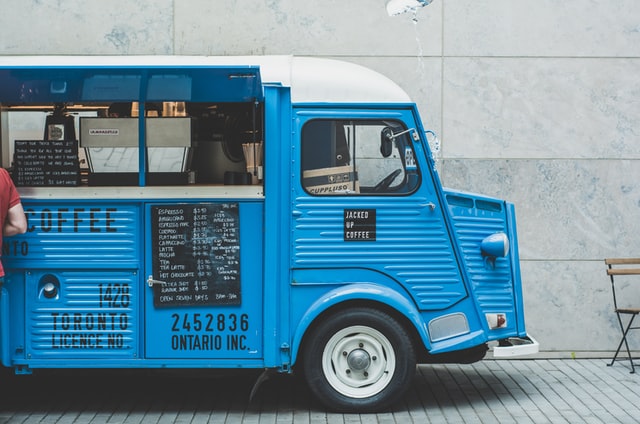In this time of “foodie culture” and food-oriented startups, it is easy to forget how much the U.S. food market changed in the early 1800s. The industrialization of America’s food industry was a long process but ultimately made our grocery stores, restaurants, and farms what they are today. Indeed, in order to survive long enough for supermarkets and factory farms to take over the country’s farming patterns, American farmers had to adapt with each generation. Zion market food court is reminiscent of this history.
For example, the cattle industry. In 1815, the ‘American cowboy’ was born when President James Madison signed a law that allowed Americans to pay taxes in the form of cattle. This new law caused an increase in demand for cows, and supply followed with more farms switching from corn production to cow grazing. By 1880, there were over 8 million head of cattle being raised throughout the country. The American cowboy was so important to cowboy culture that it became a symbol for America itself as seen on the Statue of Liberty where a lone cowboy stands tall and proud, looking off into the distance for danger and opportunity alike.
Reason For The Death Of Food Business :
1. The Culinary Industrial Complex
The Culinary Industrial Complex has long been the reason why independent food arts haven’t been able to gain traction in the food startup scene, and as stated in my previous articles, it is through this complex that the majority of employment opportunities lie. The culinary industry is controlled by a very small group of chefs and restaurants that provide nearly all of the required food services at food joints in America.
As a result, most startups are unable or unwilling to compete with the big companies for funding to develop their business because they don’t have enough connections or clout within these industries. Conversely, this makes it difficult to attract outside funding because most investors are afraid to put their money into any company that they feel they cannot control.
2. Government Regulations
One of the most important parts of the Culinary Industrial Complex is that it has long been able to prevent small food businesses from entering the market. Food companies already have high barriers to entry due to licensing requirements, paperwork, and government regulations.
It is nearly impossible for a startup to compete with a big restaurant or chain because they are set up for success and are backed by financial aids from the government (i.e. advertising subsidies). As a result, most startups can’t survive unless they have some unique product or unique access to raw materials that markets will want.
3. Lack of Taste Buds
Most Americans would rather eat at the local Italian or Chinese restaurant to get those authentic tastes and flavors that they crave. Most Americans are not into the “foodie culture” for one simple reason: it doesn’t taste good. These uniquely flavored foods are designed to be enjoyed by a large subset of the population because they require expensive ingredients and time-consuming techniques that most people can’t afford with their current lifestyle.
Ironically, this is why America is such a popular country for immigrants; many foreigners come here because they like how American food tastes (e.g., chicken nuggets, cereal, vanilla ice cream). Many people who do migrate to America as a result of the foodie movement quickly go back home because they can’t get the same foods and flavors that they were accustomed to.
4. Affordability
Many Americans don’t have time or the means to travel across town for a meal, so it is more convenient for them to just eat at the nearest fast food restaurant or Chinese takeout spot. As a result, many small restaurants and food startups will have difficulty luring customers away from these cheap and preferable alternatives.
This forces these small businesses to be creative in order to attract customers away from their wallets, which often results in higher prices that are not always affordable for an average family’s budget.
5. The American Ego
The American ego is not an easy thing to overcome in the restaurant business. Most Americans will drive out of their way and wait in line for hours just to be able to tell their friends that they tried the new celebrity chef’s food.
These kinds of waits are not uncommon at many of the most popular restaurants today like Per Se, Eleven Madison Park, and The French Laundry. If you can’t get reservations or be seen by the right people within your social circle, then it is unlikely that you will become a success that everyone talks about. It doesn’t matter how good your product is as long as they believe they can get something better somewhere else.














